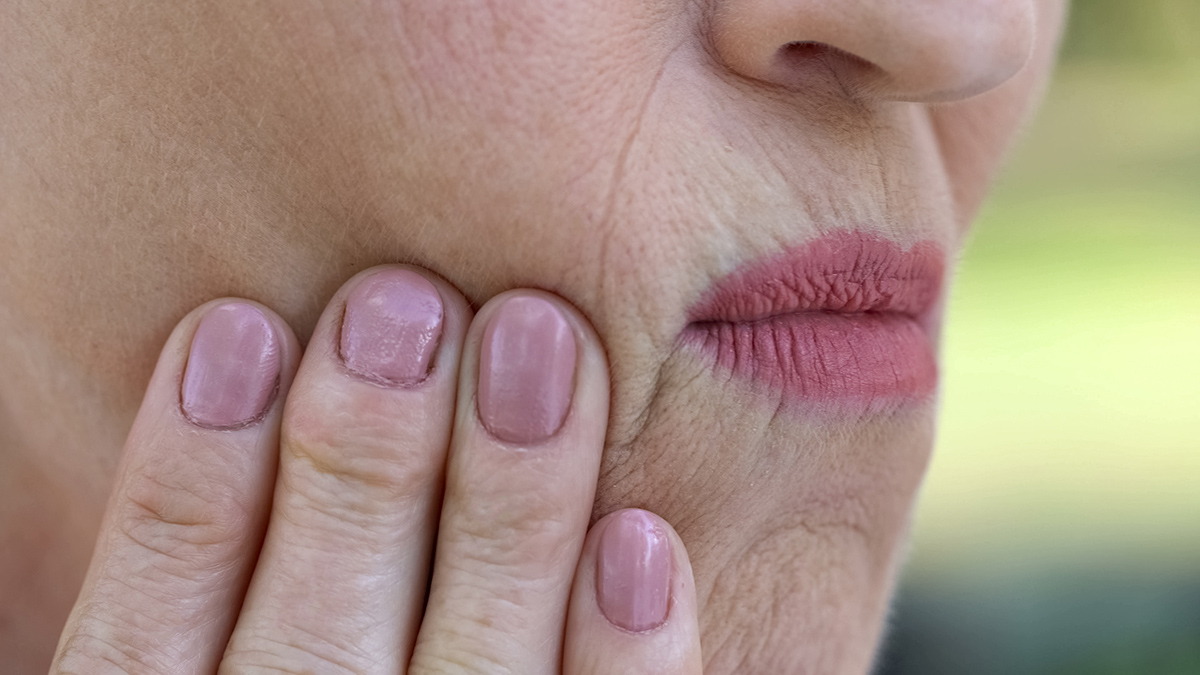Is There A Link Between Gum Disease and Dementia?

Gum disease and dementia
The human body is a complicated and miraculous creation, comprised of organs, veins, tissue, muscle, and microscopic organisms that work together to keep us alive and healthy. Our bodies’ systems are intricately connected. When one part of the body suffers, the entire body is affected.
This is especially true for the brain.
We tend to think of the brain as separate from the body. The body moves, pumps blood, digests food. The brain thinks. But the brain is just as much an organ as any other in the body, and it is greatly affected by how those other organs are functioning. More and more, researchers are finding evidence that supports this link. For example, a healthy heart typically indicates a healthy brain. More recently, research is pointing to another part of the body that may directly affect our brain health: the mouth.
Over the last decade, researchers have discovered a direct link connection between severe gum disease, known as periodontitis, and the risk of developing dementia. This finding, while requiring more research, has been groundbreaking in the realm of Alzheimer’s and dementia prevention.

Gum disease is incredibly common. It’s estimated that nearly half of American adults age 30 and older have gum disease and more than 70% of adults age 65 and older have some level of gum disease.
Gum disease is caused by plaque build-up on the teeth and gums. Plaque is made up of bad bacteria that can cause inflammation in the gums. Most gum disease can be treated easily by brushing and flossing regularly, but if left untreated, gum disease can become more serious, causing the teeth to fall out as well as a number of other health problems.
We now know that what happens in the mouth does not stay in the mouth.
According to Barbara Tritz, a certified biological dental hygienist, research shows that our oral pathogens can cross the blood-brain barrier, meaning whatever bad bacteria we have in our mouths can also be in our brains. One of the primary bacteria that causes gum disease, Porphyromonas gingivalis, has also been found in those who are living with Alzheimer’s or other forms of dementia.
In this 2019 study, P. gingivalis was found in brain autopsies of people who had Alzheimer’s disease. The researchers discovered that this bacteria can lead to beta-amyloid plaque in the brain, a hallmark of Alzheimer’s disease.
(Tritz also mentioned that P. gingivalis was found in 100% of patients with cardiovascular disease. We’ve written extensively on the link between heart health and brain health.)
Spirochetes is another type of bacteria that can lead to gum disease and affect the brain. As Tritz explains, these bacteria can get into “dental plaque, blood cells, mucus, nerves, and connective tissue. They cause tissue damage and can evade the host’s immune response. They even change shape, going into spore form which can hide within the body for years and years (even decades). They work slowly in the brain creating biofilms.”
In addition to bacteria crossing into the brain, this article points out that inflammation in the mouth can also cause inflammation in the brain. More severe gum disease causes the gums to become inflamed in order to fight the bacterial infection. And, as the article states, “This chronic inflammation can spill from the mouth into the rest of the body.” This can lead to neuroinflammation which then leads to neurodegeneration.
Several other studies have discovered a link between gum disease in dementia.
This 2017 study found that chronic gum disease could increase the risk for Alzheimer’s by 70%.
This study found that those who had severe tooth loss due to gum disease were 6.4 times more likely to develop dementia.
And this study found that periodontitis was strongly associated with cognitive decline.
Association does not equal causation
It’s important to note that despite the strong evidence that links gum disease with dementia, this does not mean gum disease causes dementia. It’s also difficult to pinpoint what comes first—dementia or gum disease—as people with dementia often neglect their oral hygiene because they forget to brush and floss.
In addition, dementia is a multi-faceted disease likely caused by several factors. As this doctor points out, “There are so many confounders, lifestyle, smoking, educational level, diet…So it’s really hard to do this research… But we know now that if you have severe periodontitis, the chance of getting Alzheimer’s disease is bigger.”
So what can you do?
The evidence is strong enough to suggest that oral hygiene is important for brain health, so maintaining your hygiene by brushing and flossing regularly is an easy way to reduce your risk for dementia along with making regular visits to your dentist. Oral hygiene combined with other positive lifestyle choices such as a healthy diet, plenty of sleep and stress management is your best defense against cognitive decline.
Tritz also suggests asking your dentist about salivary diagnostic testing, which will test for any bacteria like P. gingivalis that has been linked to dementia. If these bacteria are present, she recommends starting dental therapy and antivirals right away.
In the face of a disease that can make us feel powerless and defenseless, research like this on the link between gum disease and dementia is incredibly hopeful. While caring for your teeth is not a surefire way to prevent dementia, it is a small step anyone can take to help reduce their risk of developing the disease.





